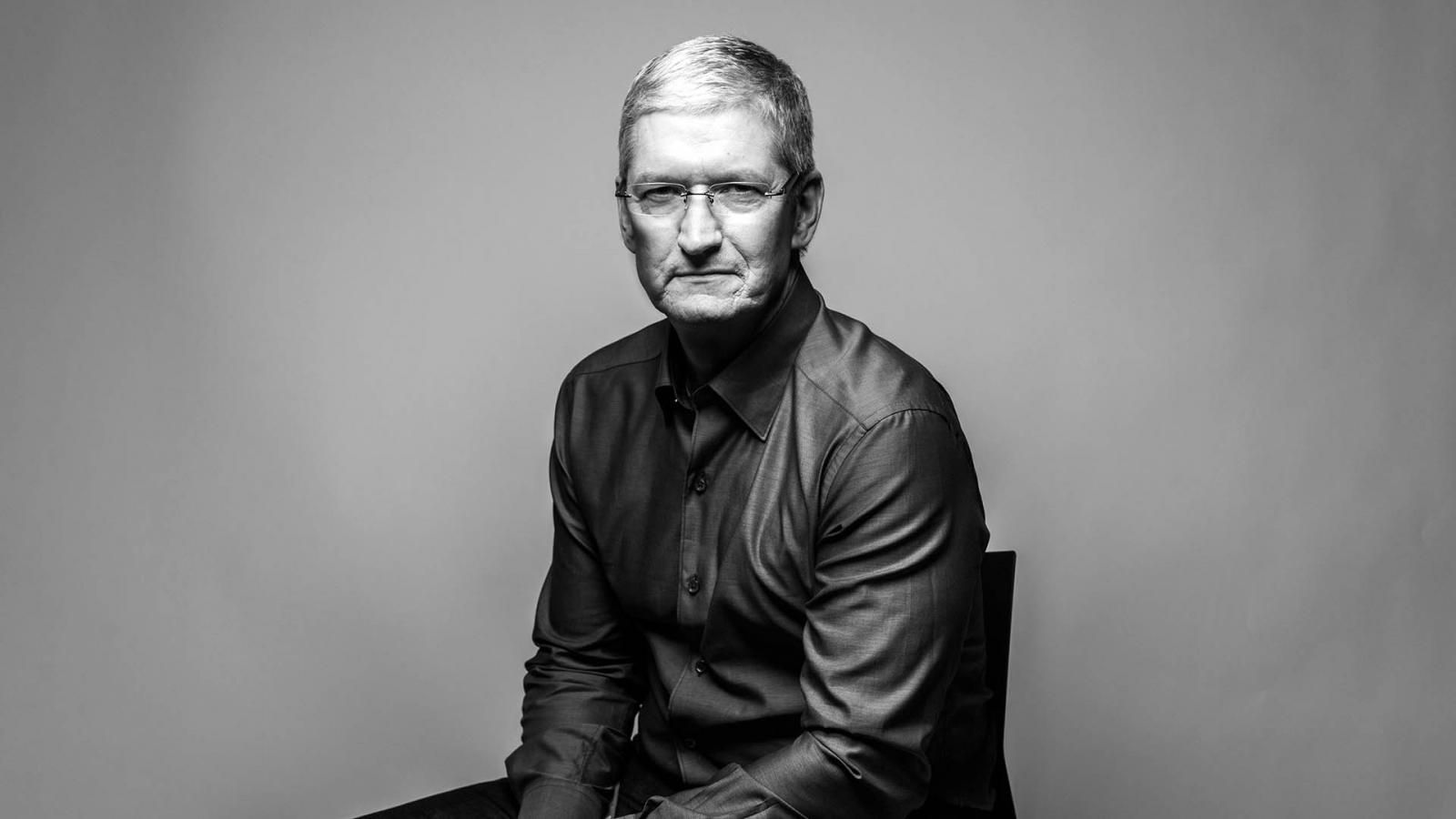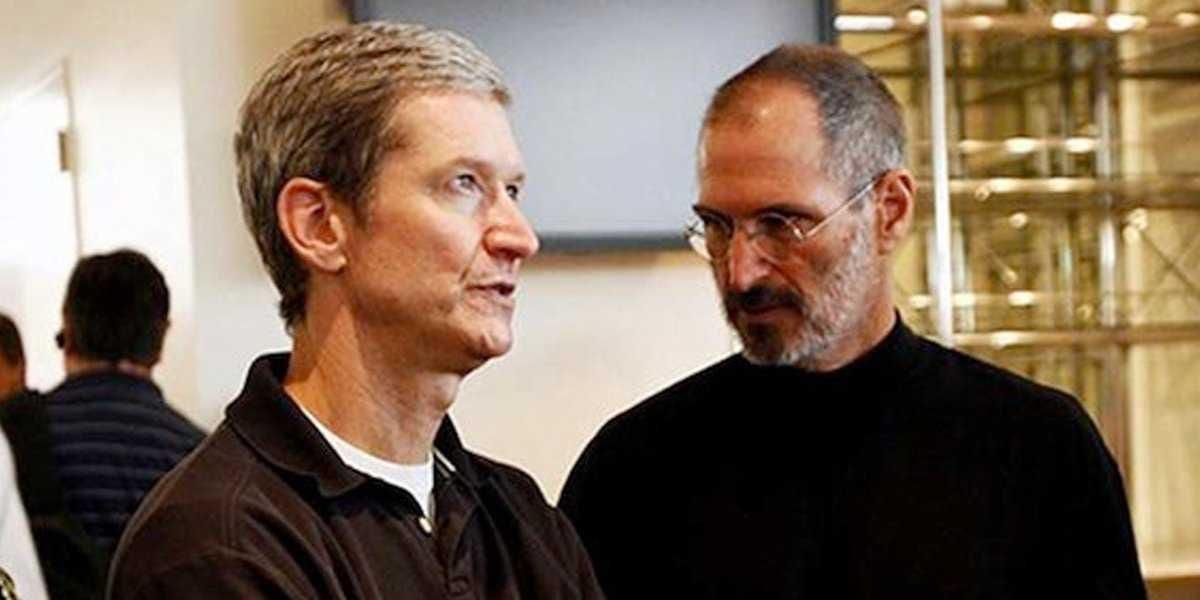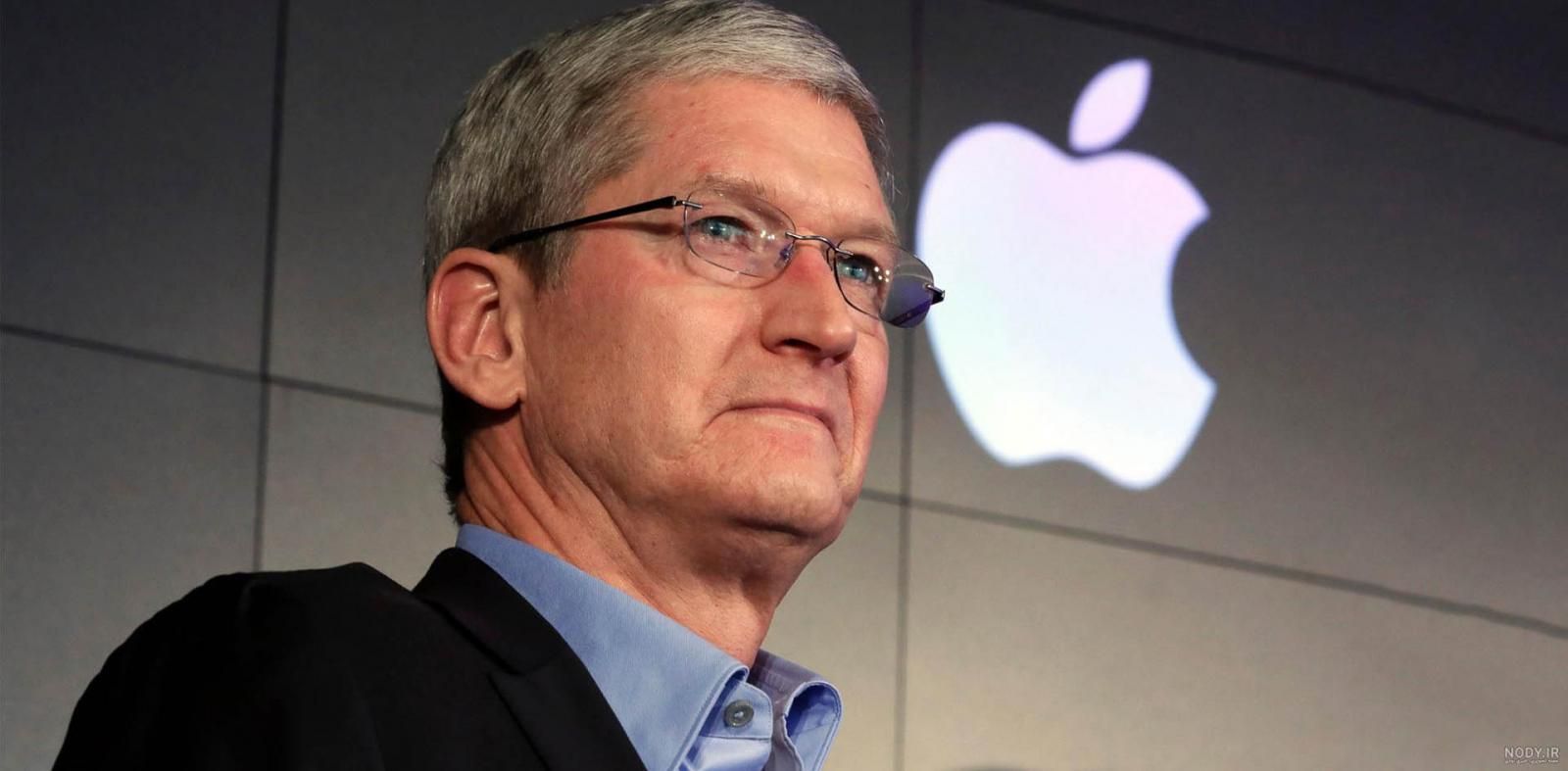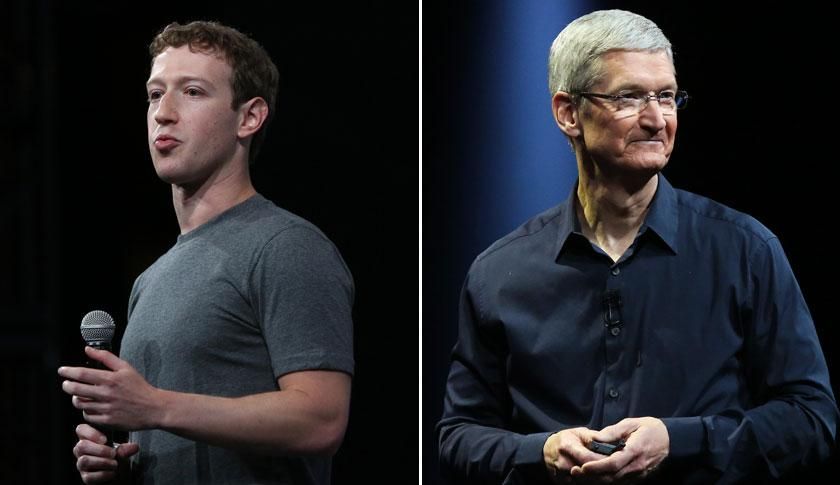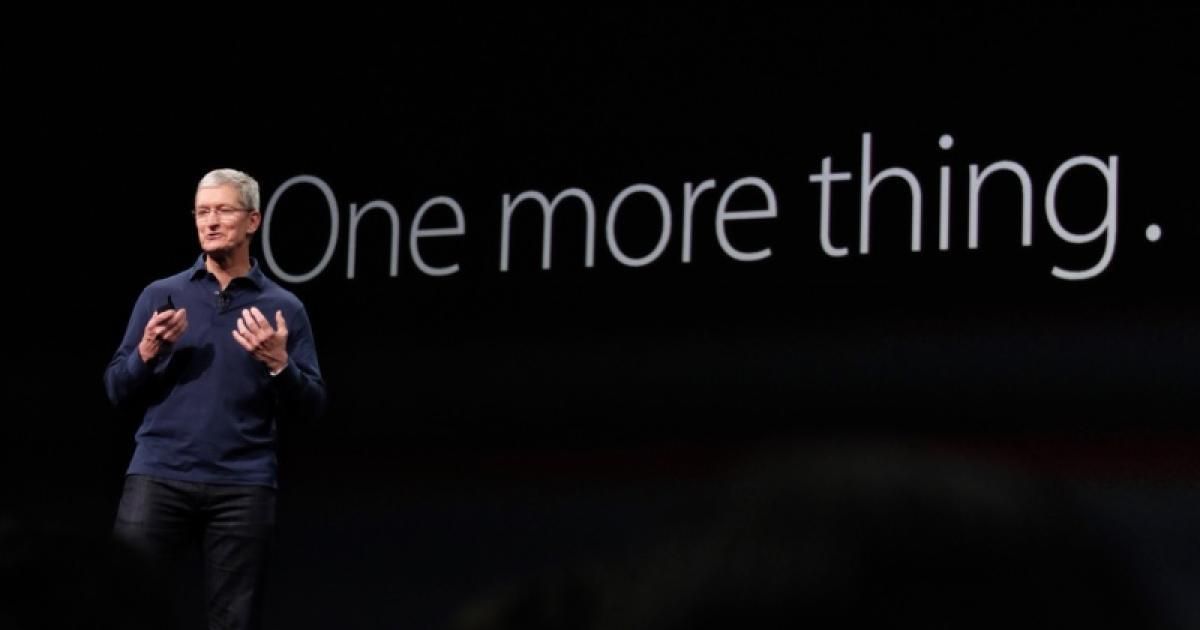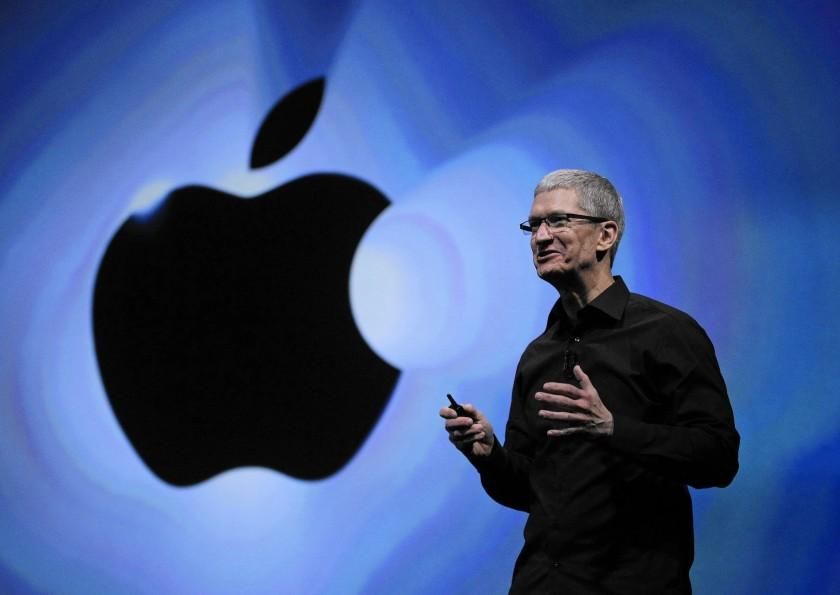Tim Cook (born November 1, 1960) was appointed CEO of Apple Inc. on August 24, 2011, ten years ago yesterday. A decade later, he helped the company grow into the first U.S. company to be valued at $2tn (two trillion U.S. Dollars). Join us as we take a look back at the past decade of Apple under Tim Cook’s leadership.
Before Apple
Before joining Apple, Tim Cook spent 12 years, after graduating from Auburn University, with IBM’s PC business, ending up the company’s director of North American fulfillment.
He then turned to Intelligent Electronics’ computer reseller division to become its COO (Chief Operating Officer), before taking on the Vice President for Corporate Materials role at Compaq in 1997.
He only spent six months with Compaq before being approached, and ultimately hired, by one particular Steve Jobs.
Apple era, pre-CEO
Steve Jobs asked Tim Cook to join Apple in 1998. Tim Cook recalled the moment at his Commencement Address at Auburn University in 2010. In his own words:
Any purely rational consideration of cost and benefits lined up in Compaq’s favor, and the people who knew me best advised me to stay at Compaq… On that day in early 1998, I listened to my intuition, not the left side of my brain or for that matter even the people who knew me best… no more than five minutes into my initial interview with Steve, I wanted to throw caution and logic to the wind and join Apple. My intuition already knew that joining Apple was a once-in-a-lifetime opportunity to work for the creative genius and to be on the executive team that could resurrect a great American company.
Between 1998 and 2007, Tim Cook was Apple’s Senior Vice President for Worldwide Operations and started shifting the company’s focus towards contract manufacturers after taking the decision to close down factories and warehouses. The move was meant to cut costs and generate profits, which it did.
In 2007 Cook was appointed to lead operations and in 2009 became Chief Executive. During this time Steve Jobs’ health started to deteriorate and, while on several leaves of absence due to health reasons, Cook became the de facto leader of Apple’s day-to-day operations through 2011, with Jobs making most of the major decisions.
Apple era, CEO
Steve Jobs ultimately resigned as CEO to become Chairman of the Board. On August 24, 2011, Cook was named the new Chief Executive Officer of Apple Inc.
On October 5, 2011, just one day after the official introduction of the iPhone 4s, Steve Jobs passed away, leaving behind his legacy, a company on the uprise, and a freshly appointed CEO.
Today, Tim Cook, who made it on Time’s “100 Most Influential People in the World” list in 2012, is looking back at a company that was generating merely $6 billion in revenue the year he joined in 1998. On August 20, 2020, just a year ago, give or take, Apple became the first U.S. company to be valued at $2tn.
Tim Cook’s Apple, by numbers
Revenue
Apple Inc.’s revenue never stopped growing, from $6 billion in 1998 to $19.1 billion in 2006 and $274.3 billion in 2020. However, never was there a larger increase in the company’s history than between 2009 and 2012, when it grew from $42.7 to $156.3 billion, when Apple increased production volumes through its China-based partner Foxconn. It’s also when the first iPad was introduced in January of 2010.
Check out the table below for the evolution of Apple’s revenue (source)
|
Year |
Revenue |
|
2006 |
$19.1 billion |
|
2007 |
$24.4 billion |
|
2008 |
$37.4 billion |
|
2009 |
$42.7 billion |
|
2010 |
$65 billion |
|
2011 |
$108 billion |
|
2012 |
$156.3 billion |
|
2013 |
$170.8 billion |
|
2014 |
$182.6 billion |
|
2015 |
$233.6 billion |
|
2016 |
$215.4 billion |
|
2017 |
$229 billion |
|
2018 |
$265.4 billion |
|
2019 |
$260.1 billion |
|
2020 |
$274.3 billion |
The majority of the company’s revenue, throughout the years, was brought in by the iPhone. At its lowest point it accounted for about 40% in the last quarter of 2020, and a historical high of almost 70% in the second quarter of 2017.
Under Cook, Apple started focusing more and more on services, currently accounting for almost 20% of the company’s total revenue, at $53.6 billion in 2020, from 620 million subscribers.
You can find more details and a full rundown of Apple Inc. numbers, by category, devices, and regions, here.
Devices
We know that the iPhone 4s was mostly Steve Jobs’ doing (with the iPhone 5 being attributed to Tim Cook) and that the iPhone 13 (or whatever its name ends up being) is still a month out, but it made sense to use those two in the headline, like a bridge between the past and the future.
Here’s a brief history of iPhones, and their active years (source):
|
iPhone (2007–2008) |
|
|
iPhone 3G (2008–2010) |
iPhone 8 (2017–2020) |
|
iPhone 3GS (2009–2012) |
iPhone 8 Plus (2017–2020) |
|
iPhone 4 (2010–2013) |
iPhone X (2017–2018) |
|
iPhone 4S (2011–2014) |
iPhone XS (2018–2019) |
|
iPhone 5 (2012–2013) |
iPhone XS Max (2018–2019) |
|
iPhone 5C (2013–2015) |
iPhone 11 Pro (2019–2020) |
|
iPhone 5S (2013–2016) |
iPhone 11 Pro Max (2019–2020) |
|
iPhone 6 (2014–2016) |
iPhone XR (2018–present) |
|
iPhone 6 Plus (2014–2016) |
iPhone 11 (2019–present) |
|
iPhone 6S (2015–2018) |
iPhone SE (2nd) (2020–present) |
|
iPhone 6S Plus (2015–2018) |
iPhone 12 (2020–present) |
|
iPhone SE (1st) (2016–2018) |
iPhone 12 Mini (2020–present) |
|
iPhone 7 (2016–2019) |
iPhone 12 Pro (2020–present) |
|
iPhone 7 Plus (2016–2019) |
iPhone 12 Pro Max (2020–present) |
Expanding this list to iPads alone will make this a rather long and boring read, not to include all the other Apple products, from the iMac to the MacBook, the Apple Watch, Apple TV, iPod, AirPods, the discontinued AirPort, or the new AirTags. They’re all well documented on Wikipedia, and far too many to include here.
Most of these, if not all, were launched by an Apple company that Tim Cook was working for, in one capacity or another.
Ups and downs
Before we can talk about some of the success stories, there are some key “rocking the boat” moments that stand out. One of these is the Tim Cook vs Mark Zuckerberg dispute. The two CEOs met annually at the Allen & Company investment bank organized confab.
In 2019, while Zuckerberg was under heavy scrutiny for the Cambridge Analytica scandal (50 million Facebook users’ data was harvested), he asked Cook, according to reports, how he would handle the situation. Cook allegedly responded in a way that baffled Zuckerberg, suggesting that Facebook should delete all user data collected outside of Facebook’s core apps.
This completely went against Facebook’s policy and how it depends on user data in order to sell targeted ads, and ultimately make money as a business model.
Of significant mention is also the scandal generated by Apple admitting to slowing down older iPhone models in order to conserve battery. Investigations were started all over the world with the company being fined significant amounts in several EU countries and around the world.
Worth mentioning is also the controversy surrounding the San Bernardino massacre when the FBI found a password-protected iPhone 5c directly related to the investigation. After several months of back and forth between the FBI, courts, and Apple, the company decided to oppose a court order demanding it to assist the FBI in breaking into the iPhone 5c, bypassing its security.
Customers expect Apple and other technology companies to do everything in our power to protect their personal information, and at Apple, we are deeply committed to safeguarding their data. […] The government would have us remove security features and add new capabilities to the operating system, allowing a passcode to be input electronically. This would make it easier to unlock an iPhone by “brute force,” trying thousands or millions of combinations with the speed of a modern computer. […] Opposing this order is not something we take lightly. We feel we must speak up in the face of what we see as an overreach by the U.S. government. (source)
Success stories
Probably the biggest success story in recent Apple history, aside from becoming the first $2tn U.S. company, was in 2015, when, thanks to the iPhone 6, 6s, and 6s Plus, Apple set an all-time high sales record of 231.2 million iPhones sold.
Of important note is the iPhone 5 of 2012, the first iPhone developed under Tim Cook, even if the iPhone 4s was announced with Cook as a fresh CEO of Apple one year prior.
The first “One more thing” product announcement under Cook was the original Apple Watch in 2015. This also marked the first time Cook used the sentence that was coined by Steve Jobs and used to introduce significant products towards the end of keynotes.
The second Cook “One more thing” introduced the biggest redesign in iPhone history, with the iPhone X in 2017.
We can’t write this segment without mentioning Apple’s dedication to privacy, as well as its advancements and success stories in its services department.
A significant milestone popped up just last year, when, in 2020, Apple decided to break a 15-year old partnership with Intel, in order to pursue the design of its own M-series chips to be used inside Mac computers. This model proved to be a success story over time in Apple’s mobile business, with its own A-series Bionic chips.
Without a doubt, the biggest Apple success story, to which Cook contributed in a major way, is the brand loyalty the company managed to develop, seed, and cherish with its user base. Whether mobile or computers, services or apps, Apple fans are among the most loyal out there, committed to everything Apple has and will ever offer.
Epilogue
Tim Cook’s story is as tumultuous as Apple’s own. From being hired by Steve Jobs to now celebrating ten years at the helms of a Big Five company (GAFAM or FAAMG if you will), there were plenty of ups and down with millions of users and billions of dollars in between, sprinkled with great products, some controversies, sporadic frustration, but mostly success stories.
As brilliant as Steve Jobs’ genius was, and still is as part of Apple’s legacy, the company is in a better place than it ever was. Of course, there will always be critics and detractors just as well as there will always be fans and supporters.
For every single person that criticizes the lack of innovation – and generally, Apple being late to the party just to bring something already employed to the table and call it its own innovation – there’s someone else who appreciates the company’s advancements, refined taste of all-around artistic design, reliability of its products and services, and the joy these bring to a more productive life and lifestyle.
It doesn’t matter what side you’re on, Apple changed everyone’s life, directly, or indirectly, and as great as Steve Jobs was, Apple is, today, a better company than the one Jobs was forced so brutally and prematurely to leave behind.

